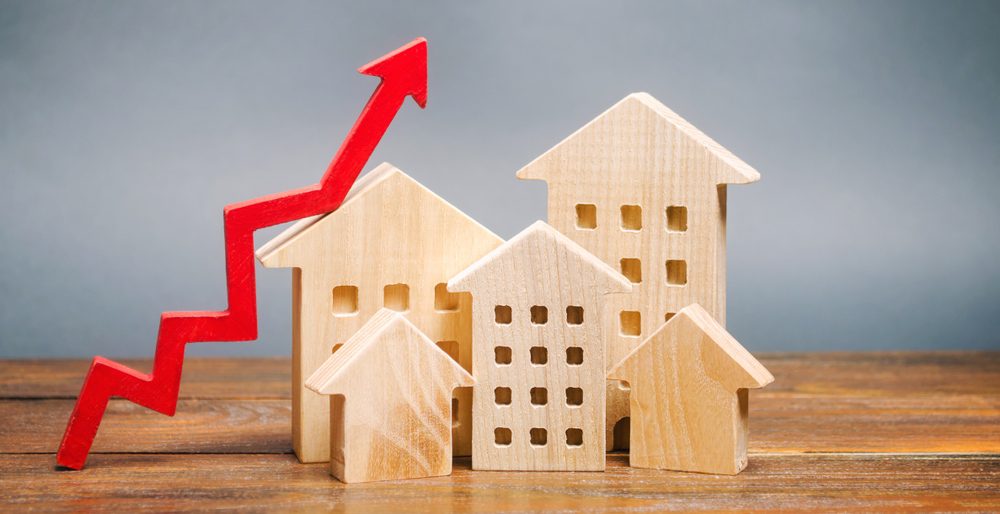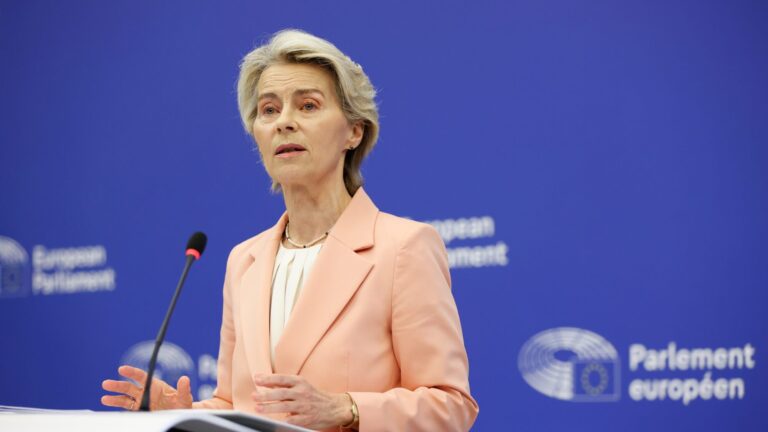In its latest monthly report, the German Bundesbank has warned against ever increasing prices on the housing market, which could ultimately lead to a real estate bubble.
According to the report, there was a sharp rise in urban house prices of 7% in 2021, exceeding the increase of 6½% the year before. In Germany’s seven largest cities (Berlin, Cologne, Düsseldorf, Frankfurt am Main, Hamburg, Munich, and Stuttgart) the prices rose even more, 7½% compared to 7¼% in 2020.
This leads to a situation in which urban housing prices are rated 15% to 40% above their actual value, the report concludes, another increase from 2020’s highest rate of 30%. The Bundesbank has long expressed its concern about a potential housing bubble, which has now also been echoed by the European Systemic Risk Board (ESRB). According to the ESRB, estimates show a tendency towards a “high and further growing overvaluation” on the housing market, and Germany is called to react to this situation by introducing hard caps for credits in relation to the actual value of the property.
A first step to counteract this development has been the introduction of an additional buffer of capital by German banks to secure real estate credits specifically.
Over the past year, prices of real estate have soared outside of the major cities as well. In part this can be traced back, the report of the Bundesbank concludes, to the strained supply chains world-wide which impacted building prices. This situation is not expected to improve over the course of 2022.
The question of whether a housing bubble exists has been a topic of heated debate for years. As the Spiegel reports, pundits of the real estate sector have claimed that there are no indications for a housing bubble yet, since there is still a severe lack of housing in larger cities and their surroundings, leading to a much higher demand than can currently be supplied.
Inflated cost of living is not unique to Germany; in neighboring Austria, prices there have also increased. A recent study in Austria showed that one out of four households spends more than 40% of their net income on housing, and 45% of people noticed an increase in their spending on housing. One third of Austrians considers the costs of housing a “burden,” compared to only one fourth in November 2020. This feeling, however, is more pronounced in renters than in homeowners.





